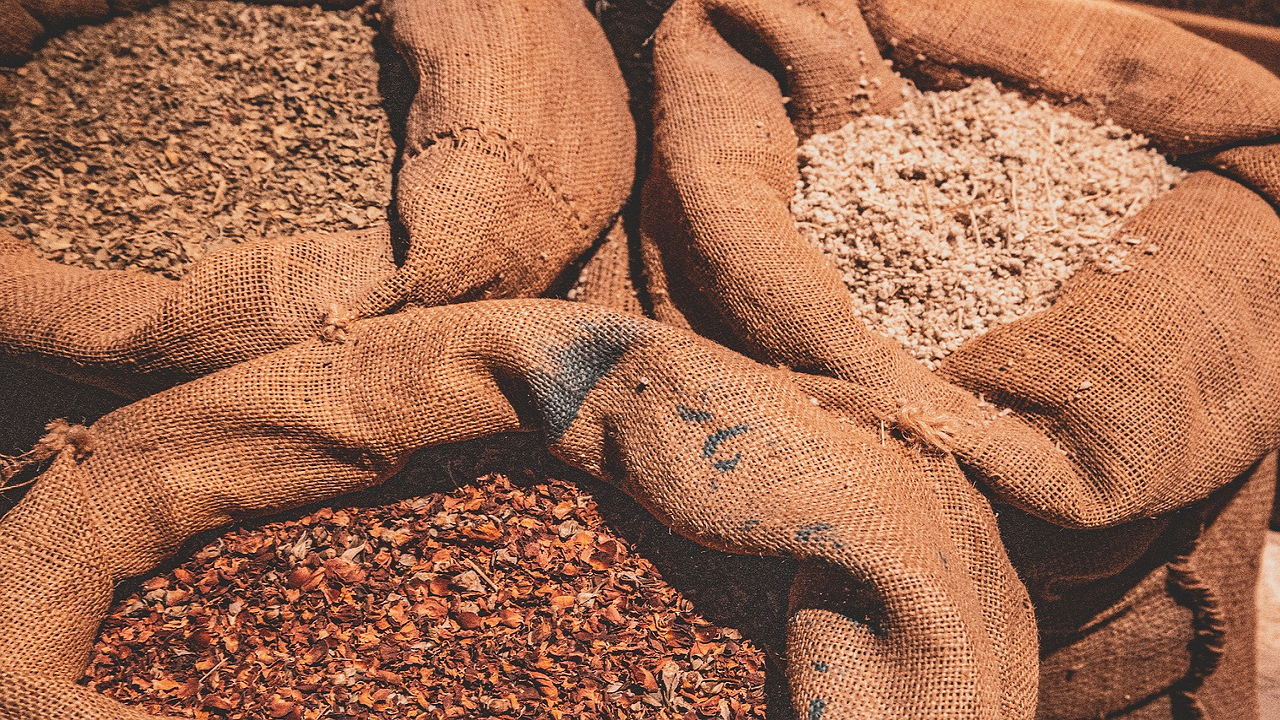
Agriculture continues to be a crucial component of India's economy and plays a central role in the country's socio-economic development. It contributes approximately 19% to the GDP and sustains a significant majority of the population, with about two-thirds relying on it for their livelihood.
The performance of agriculture has extensive implications for the growth of other industries and the overall economy. It is interconnected through backward and forward linkages. Not only does it provide a source of income and ensure food security for a significant portion of the Indian population, but also it holds special significance for many FMCG organizations.
As per the National Sample Survey, the average monthly income per farm household has witnessed a notable increase from Rs 6,426 in 2012-13 to Rs 10,218 in 2018-19. The government has implemented targeted measures to enhance farmers' income. The PM KISAN program offers income support, and the Pradhan Mantri Fasal Bima Yojana provides crop insurance coverage. Furthermore, the Pradhan Mantri Krishi Sinchai Yojana focuses on improving irrigation facilities.
Farmers have access to institutional credit through initiatives like the Kisan credit card and other channels. Recently, the Union Cabinet approved a program that intends to allocate Rs 1 trillion for expanding the storage capacity of the cooperative sector by 70 million tonnes.
This ambitious project aims to become the world's largest grain storage scheme in the cooperative sector and seeks to address the primary challenges faced by farmers while strengthening the country's food security.
Exploring the Enormous Advantages of this Ambitious Initiative for India
Empowering Farmers, Expanding Opportunities
By significantly increasing the capacity for grain storage, this ambitious plan opens up new horizons for farmers. With efficient storage options, farmers can now venture into large-scale production and tap into export markets. This newfound flexibility empowers them to maximize their yields, leading to higher incomes and a promising future for farming communities across the nation.
Reducing Distress Sales, Ensuring Price Stability
Insufficient storage facilities often force farmers into distress sales, adversely affecting their income and perpetuating a cycle of losses. However, with a substantial expansion of storage capacity, the risks associated with crop damage and distress sales can be minimized. Ample storage infrastructure enables farmers to store their products efficiently, minimize wastage, and stabilize prices. This stability not only benefits farmers but also ensures consumers have a steady supply of essential food grains at reasonable prices.
Economic Impact, Enhanced Raw Material Availability
The scale of this storage capacity expansion will have a profound impact on India's overall economy. With a more stable agricultural sector, the country can emerge as a reliable source of raw material throughout the year, bolstering industries such as food processing, FMCG, and agro-industry. The dependable availability of raw materials will fuel the growth of these sectors, attracting investments, creating job opportunities, and stimulating economic development in both rural and urban areas.









